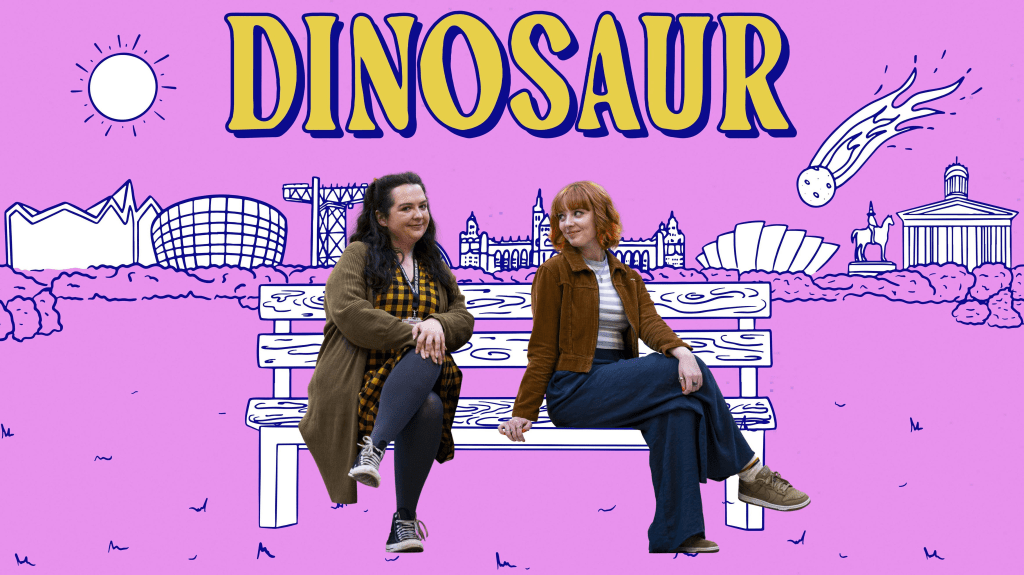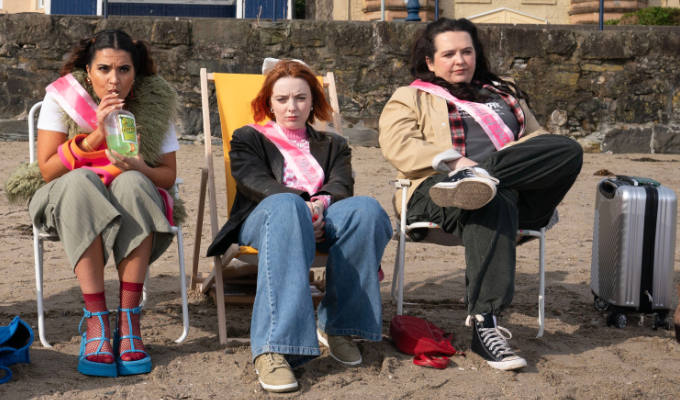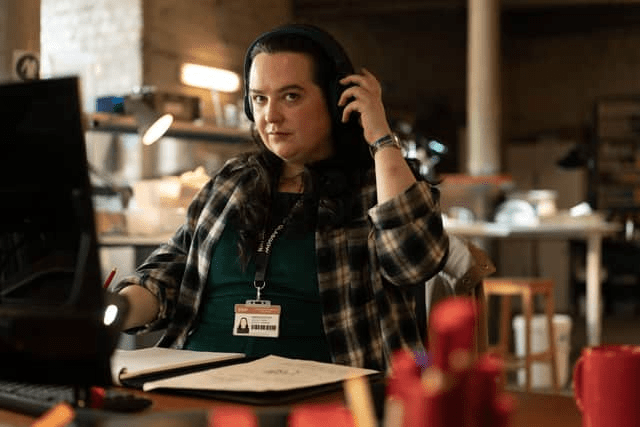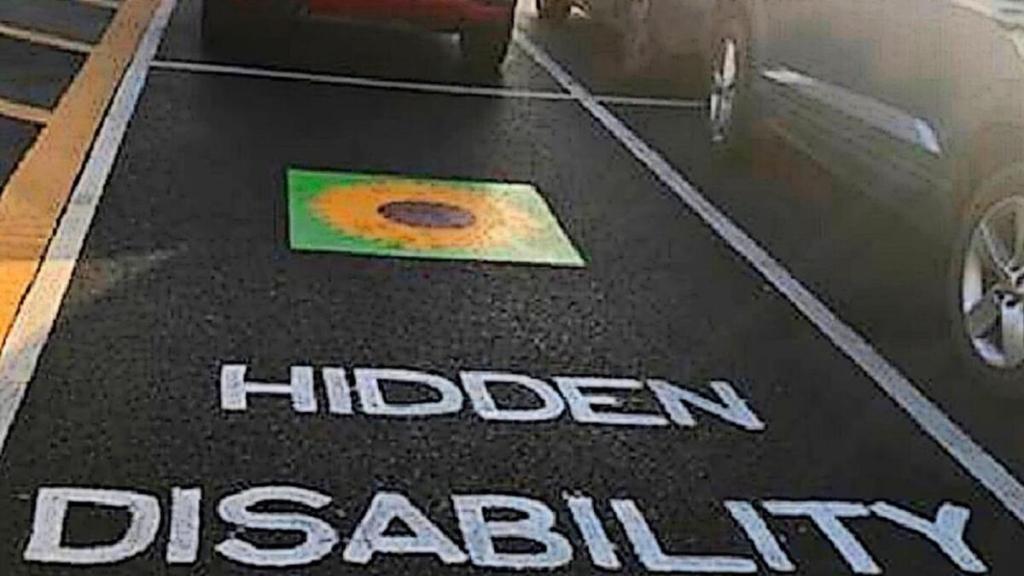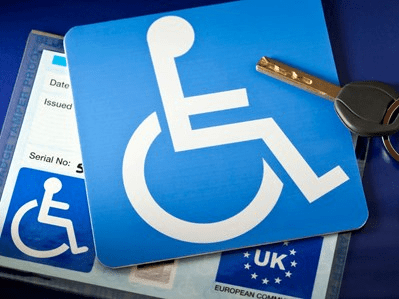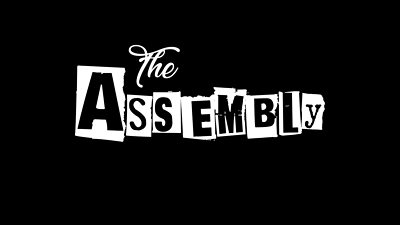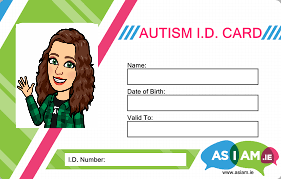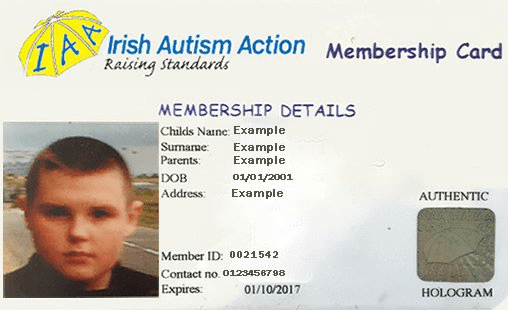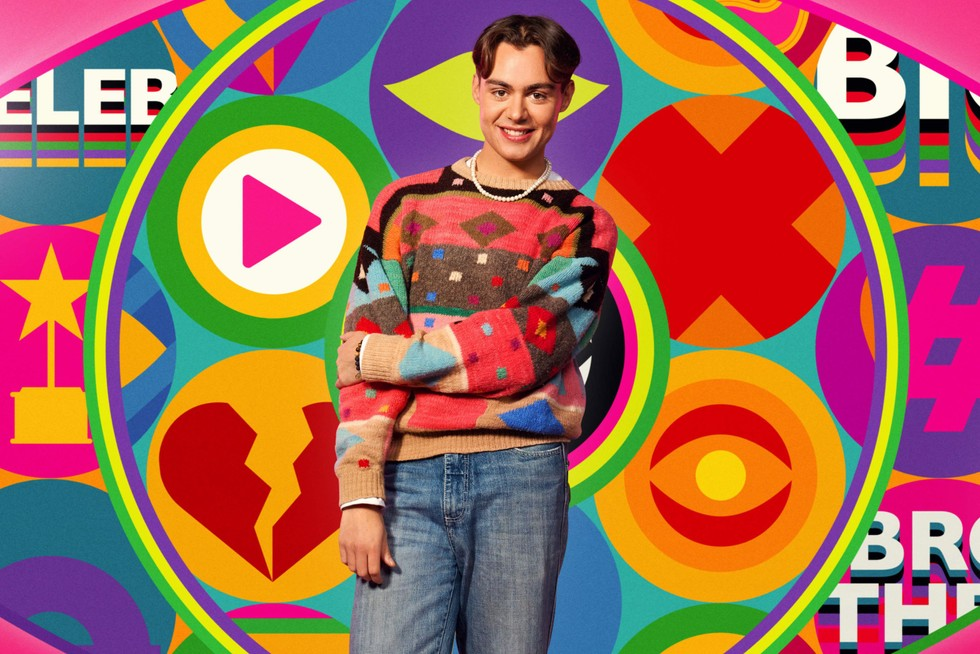Greetings Earthlings! 🙂
The new Netflix drama ‘Baby Reindeer‘ has been getting a lot of coverage in the media lately, so this week I’d like to have a quick discussion about it. ‘Baby Reindeer’ tells the gripping, but harrowing, true story of comedian Richard Gadd’s experiences of being stalked by an older woman named Martha (name was changed for privacy) over the course of a 3 year period.
Here’s a trailer for the show to give you a taste:
The world has been gripped by the story with many amateur sleuths digging through the internet to uncover the true identity of the woman that inspired the character of Martha. Their efforts have led us to this week where the supposed real “Martha”, Fiona Harvey, came forward to tell her story on Piers Morgan.
That’s great that you liked the show Aoife, but what has this got to do with autism?

In the show, Martha is clearly depicted as being mentally ill by the sheer intensity of her stalking efforts. Martha sends Richard’s character Donny 41,071 emails, 744 tweets, 46 Facebook messages, letters totaling 106 pages, and 350 hours worth of voicemails. She is completely obsessed, in such a way that it reminded me of how intensely an autist can take their specialist interest.
Fun fact– an autists specialist interest can be a person, not just a topic, especially for women on the spectrum.
Other than her obsessive nature, outbursts of rage, social ineptitude and tendency to ramble on a bit, the character didn’t really display any obvious autistic traits, but there has been speculation online from people that claim to know the real Martha that she has Asperger’s syndrome. In fact, a clinical psychologist recently wrote about the character and mentioned that these types of stalker are often on the spectrum.

If Martha is autistic, this really depicts the more sinister side of the spectrum, a side that is often overlooked in on screen depictions. I know in my own experience, my specialist interests in the past have been intense and compulsive, even at times controlling my behaviour. The kind of behaviour Martha displays in the show really shows what can happen when an autist isn’t properly nurtured and supported. I often shudder at the thought of the kind of person I could have been had I not had my family around me to keep me in check.
We can’t be certain if Martha (or her real life counterpart) is autistic, but if she were, it could certainly explain the characters obsessive behaviour; an explanation, but not an excuse.
Hope you enjoyed this post dear Earthlings!
Have a lovely weekend! 🙂
Aoife
